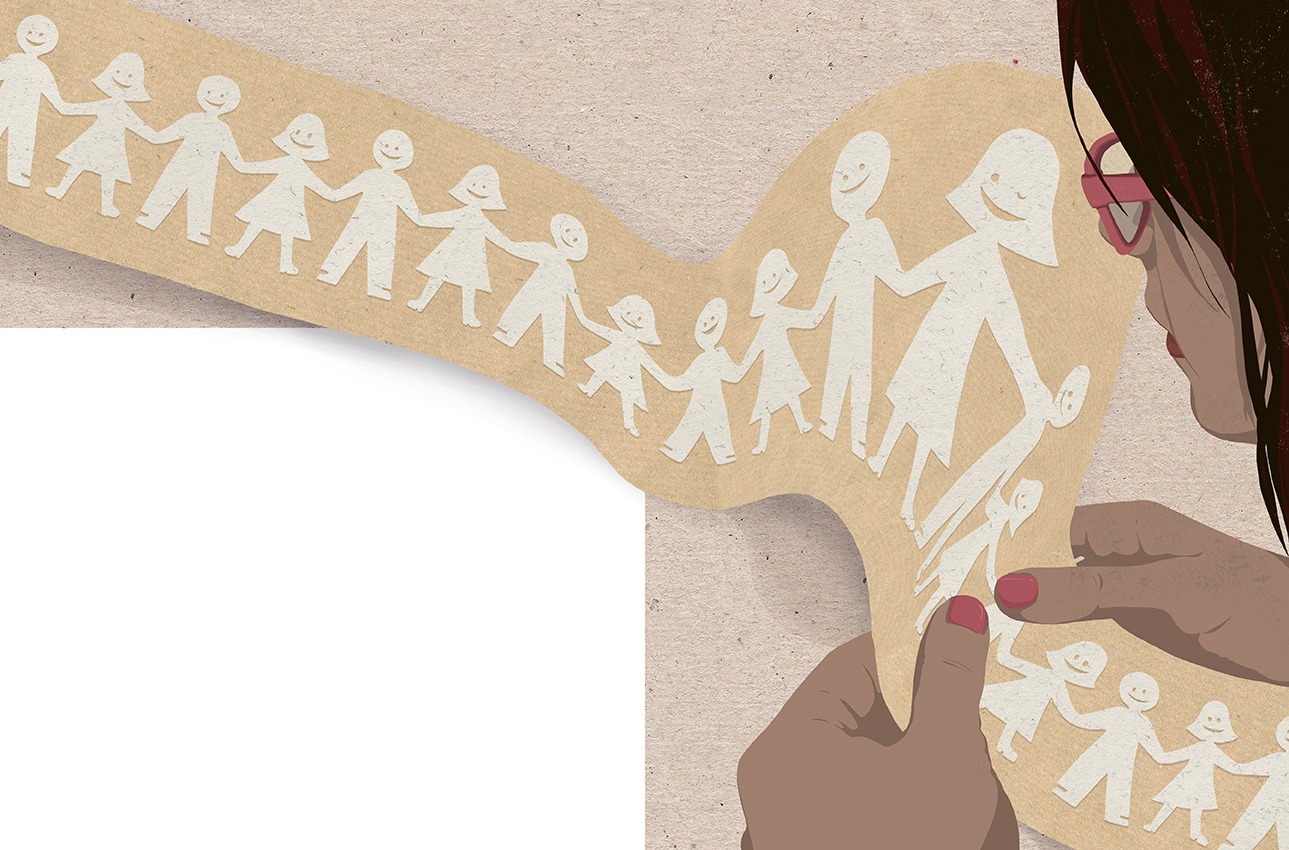How has cooperation shaped the world?
This is something that Nichola Raihani, professor of evolution and behaviour at University College London, addresses in her 2021 book The Social Instinct: How Cooperation Shaped the World. She begins by looking at the way molecules team up to form cells, before widening her scope to the animal kingdom. She gives examples of the collaborative efforts of various species– from ants to birds – that form coalitions to raise young, defend their turf and find food.
Lionesses, for example, form groups to hunt, which ensures greater success rates. Their prey also display collaborative behaviour, by living in large herds that help to protect them from beasts higher up the food chain.
In a similar way, as Nichola explains, humans form institutions to protect their own collective interests. National groups like the Federation of Small Businesses in the UK, for example, protect and advocate for the interests of their members by lobbying members of parliament. It’s easy to see how beneficial cooperation can be for group members. Nichola describes it as our superpower. Without such an organisation, small businesses might, for example, struggle to get their concerns and requirements heard.
Are there any downsides to cooperation?
There is, however, a price for joining forces – individual sacrifice. And this involves drawbacks. It might mean, for instance, that each of those collaborative and clever lionesses gets a smaller share of the spoils after a successful hunt. This, in turn, can have knock-on effects that lead to more disadvantages. A 1988 study published in The American Naturalist found that some lions might cheat the system by refusing to participate in the hunt but still scavenging from other members of the pride.
The evolutionary benefits of cooperation
So, given the potential downsides of cooperation, why do humans risk it? The answer might lie in its evolutionary benefits, as Nichola explains: ‘The foundational cooperative unit in our own species is the family. We take it for granted, but it’s one way that we are completely different to the other great apes. In our species, mothers receive help from multiple other caregivers when raising young – these include fathers, other siblings and grandparents. By contrast, in the other great ape species, infants are reared more or less exclusively by their mothers.’
She suggests that human cooperative care patterns probably contributed to our species’ survival. Our early ancestors had to forage regularly in often bleak environments for the provisions that would provide sufficient calories to sustain them. This meant that mothers often had to leave their children in the care of others. For other great apes, food was much more readily available, so mothers could stay in one place with their infant – their smaller brains also meant their energy requirement wasn’t as high.
Why we need to scale up cooperation to a global level
You might, of course, be wondering how this is relevant in a world where hunter-gatherer cultures are found in only a few pockets of the globe. Do we still cooperate? Nichola answers with a definite yes: ‘Cooperation permeates every aspect of our lives, from small things we take for granted, like offering a seat to a stranger on the morning commute, to some of our greatest achievements, like sending rockets into space.‘
Nichola describes cooperation as a double-edged sword, however. She suggests that while it fuels progress, it also poses a threat to human survival through overpopulation and overconsumption of ever-depleting resources. One solution, according to Nichola, is to scale up cooperation, which could involve forming collectives to deal with global problems.
While threat of conflict remains a motivating force for international collaboration, another impetus is the threat posed by climate change. Getting world leaders to put aside individual economic priorities and focus on the global good is no easy task, but, thankfully, in some areas, there are signs of progress, which is welcome news to all inhabitants of this precious planet.
READ MORE ABOUT COOPERATION IN THE HUMAN AND ANIMAL WORLDS IN Breathe 55.

